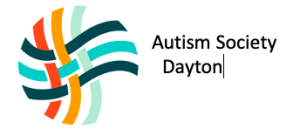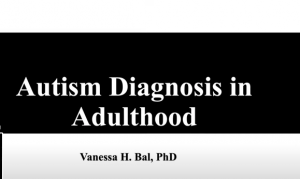Adulthood Diagnosis
 Many adults report that finding someone to diagnose them with Autism is more difficult. In some cases, diagnosticians focus only on children, especially those that would be eligible for intensive early intervention. In other cases, professionals feel less qualified to diagnose adults, as the presentation may be different, it may be complicated by life history and co-occurring mental health conditions, and professional training in diagnosing adults with Autism is more limited.
Many adults report that finding someone to diagnose them with Autism is more difficult. In some cases, diagnosticians focus only on children, especially those that would be eligible for intensive early intervention. In other cases, professionals feel less qualified to diagnose adults, as the presentation may be different, it may be complicated by life history and co-occurring mental health conditions, and professional training in diagnosing adults with Autism is more limited.
We recommend starting with your primary care professional. Adult neuropsychologists, adult neurologists, adult psychiatrists, and adult clinical psychologists are all individuals that may be able to diagnose an adult if they have the training and experience. Investigate these providers’ websites or profiles to determine if Autism is an area of expertise for them. It is very important to determine that the provider has extensive experience in diagnosing adults, specifically.
An adult evaluation may consist of a review of the person’s developmental history, medical and psychological history, cognitive functioning, and Autism-specific tests, such as the ADOS. One important consideration is including someone in the evaluation who can report on any early developmental history of the adult, such as a parent, care provider, sibling, or relative. This information is often more difficult to obtain for adults, but it can help speed the process.
Here is a video that talks more about diagnosis in adults:

